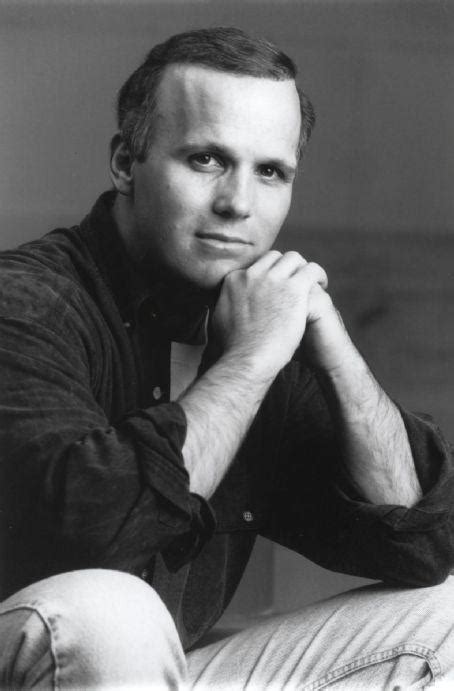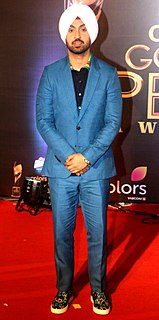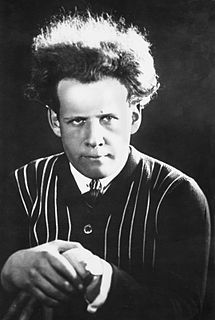A Quote by Danny Elfman
So, it becomes an exercise in futility if you write something that does not express the film as the director wishes. It's still their ball game. It's their show. I think any successful composer learns how to dance around the director's impulses.
Related Quotes
Film’s thought of as a director’s medium because the director creates the end product that appears on the screen. It’s that stupid auteur theory again, that the director is the author of the film. But what does the director shoot-the telephone book? Writers became much more important when sound came in, but they’ve had to put up a valiant fight to get the credit they deserve.
Before writing a single note of music, and even before the spotting session, I find it best to sit down with the director and just listen to him or her talk about the film - what they're trying to say, what they want the audience to understand or believe, and a thousand other similar questions. The director has most likely been living with the film for years before a composer is attached, and so the director's inclinations, desires, and understanding of the film are paramount.
It does not feel any different being directed by a first-timer as long as I am convinced that the director is passionate about the film he or she is making. If you get a sense of their vision for the film and their aesthetics of your performance, then it does not matter whether you work with a new or an experienced director.
A strong film director does leave you to your devices. A strong director allows you to be free and you trust that he's there and he will tell you if you've gone too far. A strong director allows you to be much more experimental and take greater chances than a director who isn't secure within himself.
Think of anger as a muscle. The way you express anger isn't the way that I do, or you. If you have a good director, you will find that he's getting you to use an entirely different muscle that you never even knew you had - it's real hard and sore, then after a while it becomes normal. And you discover all these new muscles when you enter a new character - that's what a director does for you.



































